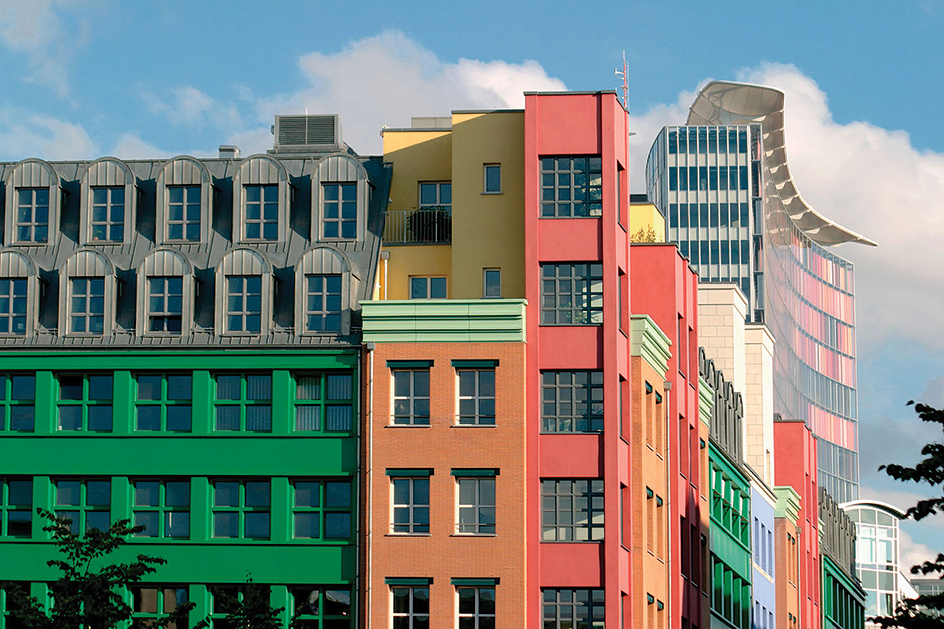Rossi, Aldo (1931-1997), was an influential Italian architect, teacher, and theorist. Rossi’s designs are a distinctive blend of Modernist architecture and primary architectural elements often based on historical forms, such as repeated rows of windows or columns. Rossi considered the city as an organism rooted in history, represented by monuments that provide structure to an urban area. In 1990, Rossi was awarded the Pritzker Architecture Prize, the most prestigious international award in architecture (see Pritzker Architecture Prize).

Rossi first gained attention with his designs for the San Cataldo Cemetery in Modena, Italy, in 1971 and 1980. He then designed a wide variety of projects in Europe and the United States, including theaters, apartments, commercial structures, schools, and museums. His most acclaimed designs in Italy include the temporary floating Theater of the World (completed in 1980) in Venice, the civic center (1988) in Perugia, the Carlo Felice Theatre (1990) in Genoa, and the town hall (1990) in Borgoricco.
Rossi executed many commissions outside Italy. They include the Lighthouse Theatre in Toronto (1989); the Hotel Il Palazzo (1989) with Morris Adjmi in Fukuoka, Japan; the Cirque de Soleil-Haus (1990) in Berlin; the Canary Wharf office complex (1993) in London; the School of Architecture (1993) at the University of Miami in Florida; the Bonnefanten Museum (1994) in Maastricht, the Netherlands; and the Scholastic Buildings (completed in 2000, after his death) in New York City.
Rossi was born on May 3, 1931, in Milan. He received a degree in architecture from Milan Polytechnic in 1959. He taught in several universities in Italy, the United States, and Spain. Rossi explored his theories of urban architecture in The Architecture of the City (1966) and A Scientific Autobiography (1981). Witty and playful, Rossi’s drawings are considered works of art in themselves. In his drawings, Rossi attempted to represent elements of urban life lost during modernization. Rossi also designed furniture and other commercial products, such as tea sets. Rossi died on Sept. 4, 1997.
